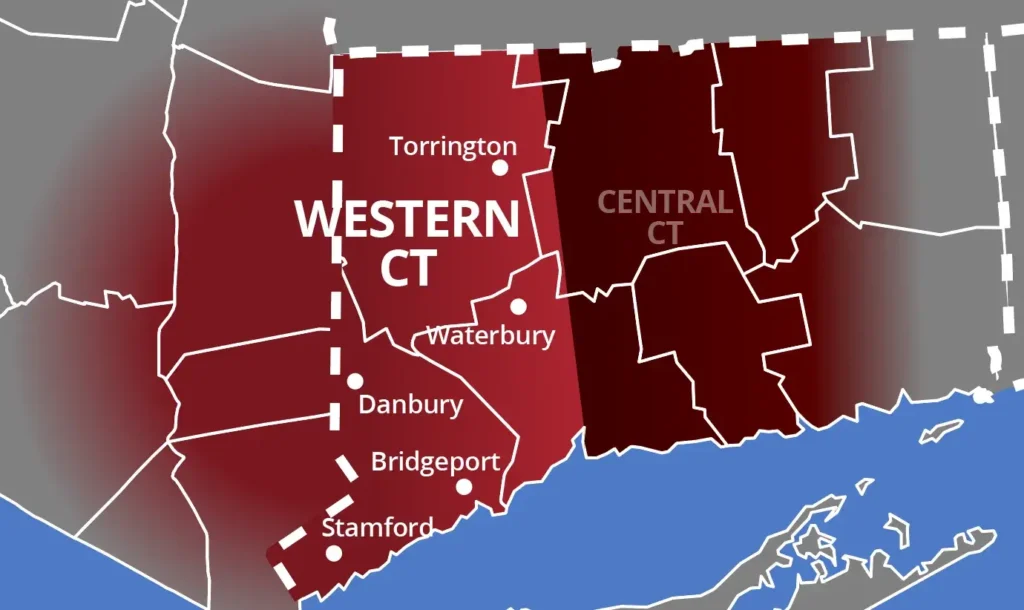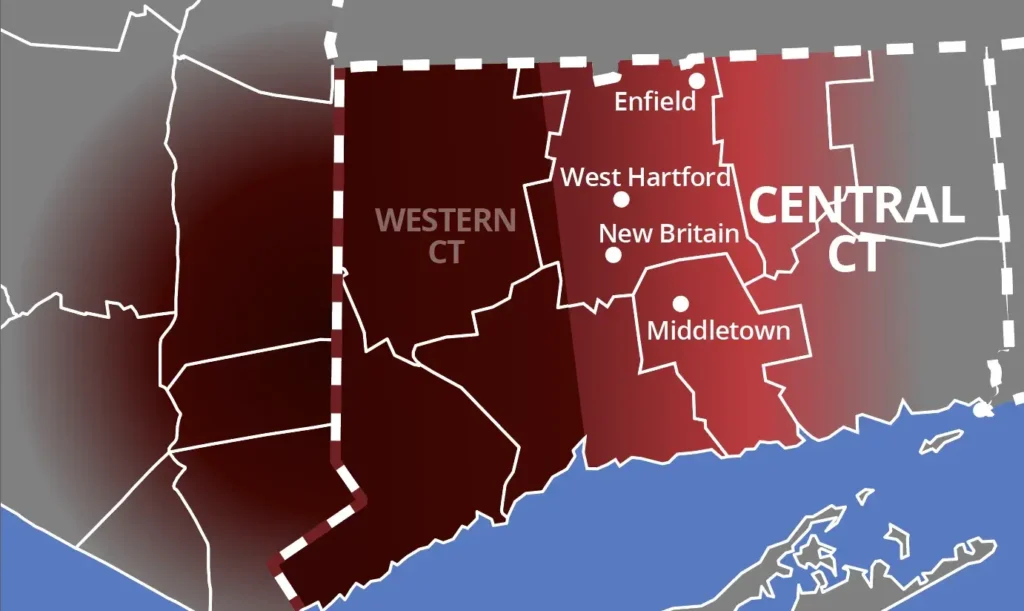How to Make Your HVAC System More Eco-Friendly
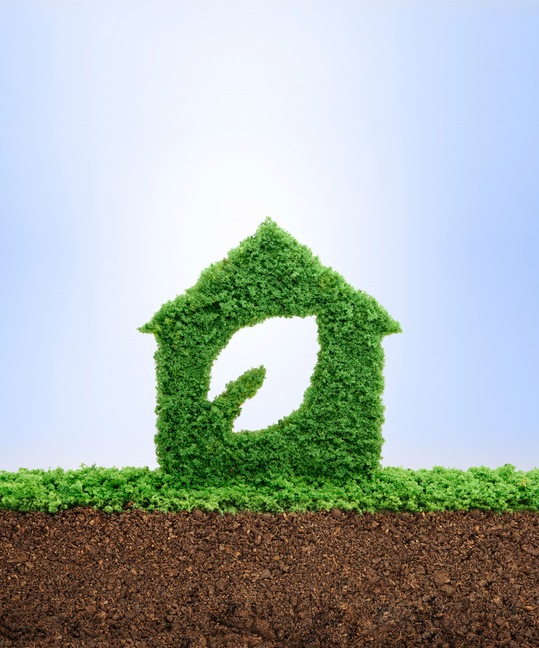
We all love the cozy comfort of a perfectly climate-controlled home. But did you know your HVAC system, while essential, can be a major contributor to your carbon footprint? Fortunately, there are plenty of ways to keep your home comfortable and be kind to the planet. We’re going to break down the environmental impact of air conditioning and heating systems and give you some practical tips to make yours more sustainable.
Home HVAC Systems and the Environment
Let’s face it, HVAC systems use a lot of energy in keeping your home cool in the summer and warm in the winter. On the average, they can account for a whopping 40-50% of your home’s overall energy consumption! And in the United States, cooling alone uses a significant portion of household electricity. This high energy demand often translates to increased reliance on fossil fuels, leading to greenhouse gas emissions which affects the environment.
Beyond energy use, older HVAC systems often use refrigerants like R-22 (Freon), which are notorious for depleting the ozone layer. Even newer refrigerants, while environmentally better, can still be potent greenhouse gases. Plus, refrigerant leaks and improper disposal of old units can cause serious environmental damage.
Finally, inefficient HVAC systems can waste energy. Think about it: leaky ducts, poor insulation, and aging equipment mean your HVAC system has to work harder, using even more energy and contributing to the urban heat island effect we sometimes get here in Connecticut and New York.
Keep Cool and Carry On: Simple Steps for a Greener HVAC
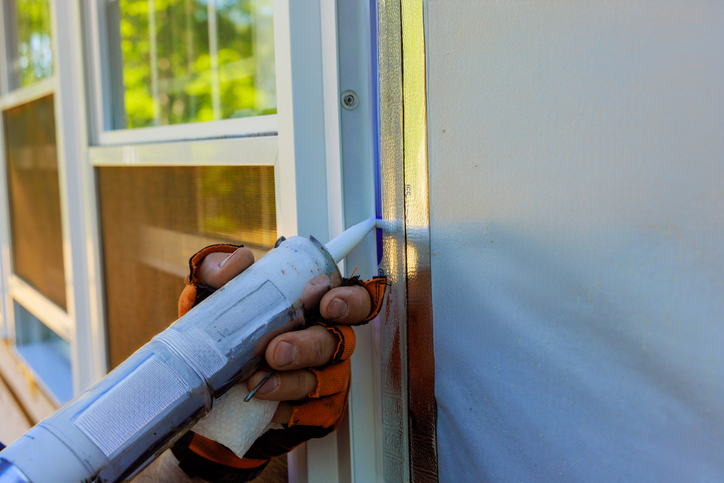
Okay, so HVAC systems have an environmental impact. However, there are many things you can do to make your system more eco-friendly:
- Upgrade to ENERGY STAR: Switching to an ENERGY STAR certified heat pump, for example, can dramatically reduce emissions. Think of it as giving your home a green makeover!
- Seal the Deal: Proper insulation and sealing around windows and doors can significantly reduce energy waste. It’s like putting a cozy blanket around your house!
- Get Smart with Your Thermostat: A programmable or smart thermostat allows you to customize your heating and cooling schedule, saving energy when you’re away or asleep.
- Maintenance is Key: Regular heating and cooling system tune-ups are crucial. They not only improve efficiency but also help prevent refrigerant leaks. A more efficient system will save youmoney and reduce your home’s environmental impact.
Going Green with HVAC: Next-Level Strategies
Ready to take it a step further? Consider these options:
- Harness the Power of the Sun: Solar-powered HVAC systems or geothermal options can significantly reduce or even eliminate your reliance on fossil fuels.
- Choose Eco-Friendly Refrigerants: When it’s time for a new system, look for models that use refrigerants with a lower global warming potential, like R-32 or CO2-based options.
- Recycle Responsibly: When you replace your old unit, make sure it’s recycled properly so that harmful refrigerants are recovered and disposed of safely.
- Embrace Passive Design: Think strategically about your home’s design. Proper insulation, shading, and natural ventilation can reduce your reliance on mechanical HVAC systems. Opening windows on a nice day can make a big difference!
Saving the Planet and Your Wallet
While some of these eco-friendly upgrades might have a higher upfront cost, they can lead to significant long-term savings on your energy bills. Plus, you might be eligible for tax incentives or rebates for making energy-efficient improvements. And who knows, a more sustainable home could even increase its value!
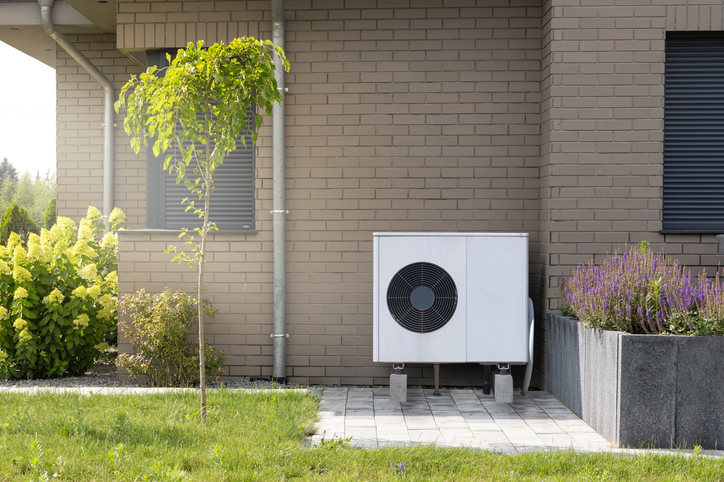
The Bottom Line: It’s Cool to Be Green
By understanding the environmental impact of your HVAC system and taking steps to improve its efficiency and reduce emissions, you can make a real difference. It’s not just about keeping your home comfortable; it’s about contributing to a healthier planet for all of us. So, take a deep breath, relax in your perfectly climate-controlled home, and know that you’re doing your part for the environment.


